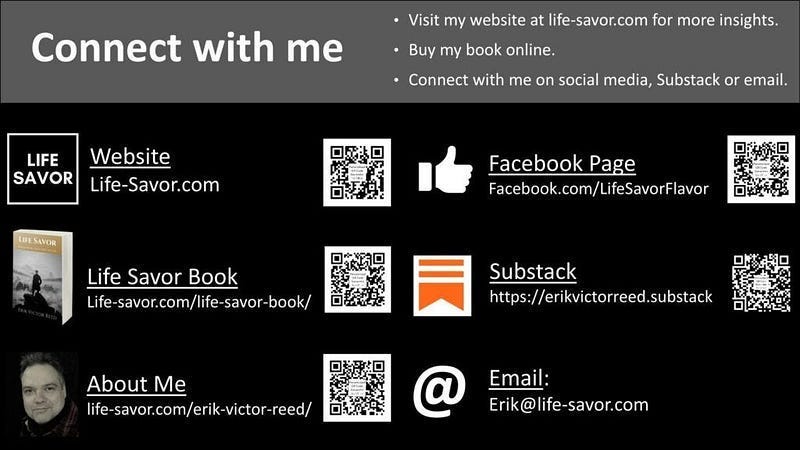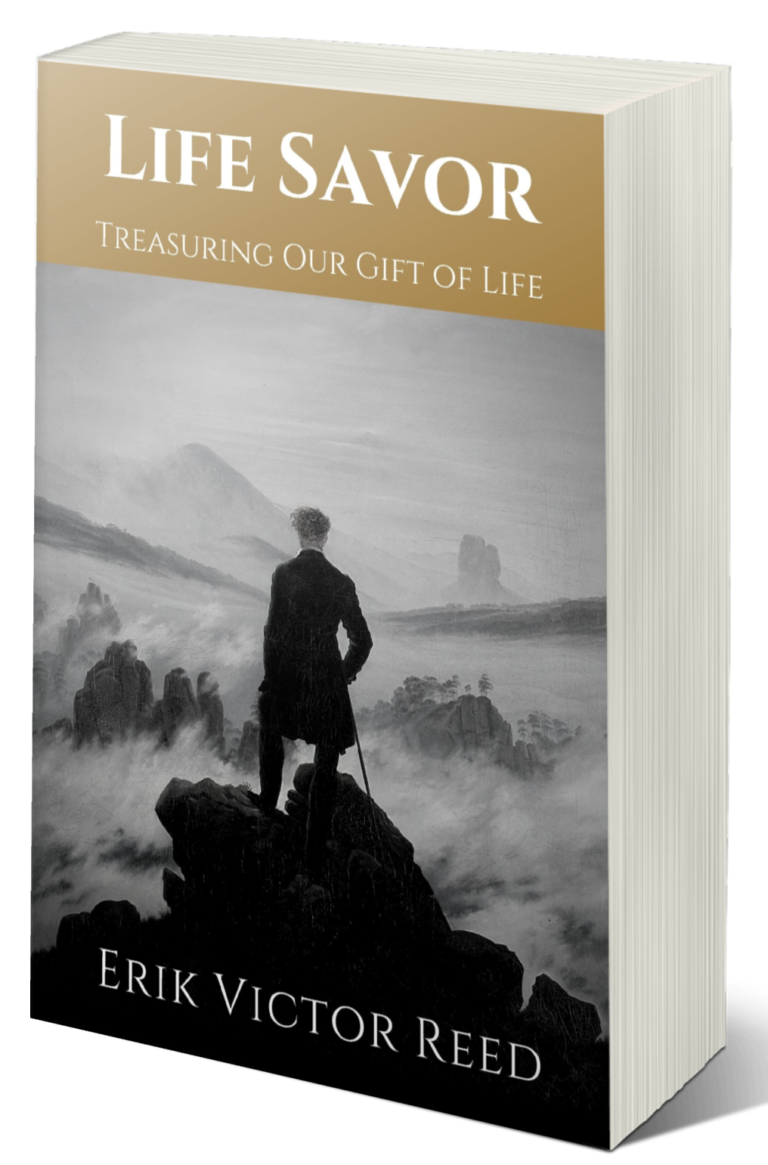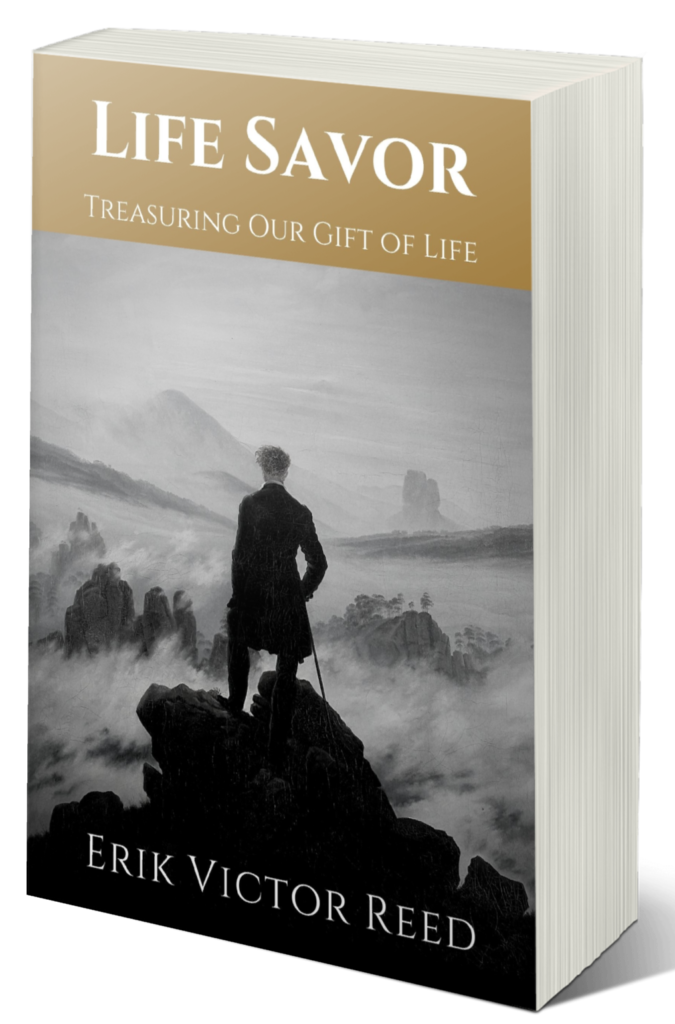Why feeling deeply is proof of life
Sentiment as Our Treasure
To be human is to feel. We laugh, we weep, we tremble, we rage. And beneath all those reactions lies sentiment — the recognition that something matters.
Without sentiment, life may be easier, but it is also emptier. Meaning is born not from calculation but from care. A life of pure detachment would be efficient, perhaps, but it would be hollow.
Life Savor states it clearly: when we anesthetize sentiment, we don’t just mute pain — we mute significance itself. The cost of avoiding vulnerability is forfeiting meaning.
Why Pain Matters
It may sound paradoxical, but pain is often proof that life is working as it should.
As John Green wrote: “It hurts because it mattered.” Pain shows that love, hope, or effort was real. It is the receipt of value — a confirmation that something in this brief life touched us deeply enough to leave a mark.
Marcel Proust added: “We are healed of a suffering only by experiencing it to the full.” Pain is not a glitch in the system. It is part of the system — part of the way we metabolize life into wisdom, resilience, and depth.
To strip pain out of life is to strip out the lessons, the meaning, and the beauty that accompany it.
The Mirage of Detachment
We sometimes envy those who seem untouched by anything: the stoic who never wavers, the cynic who never cares. Their armor looks appealing. But if we could see beneath it, we’d find a lukewarm aesthetic experience of living, a gradual slide into ennui and emptiness.
The movie Heathers captured this with gallows humor: “If you were happy every day of your life, you wouldn’t be a human being, you’d be a game show host.”
Constant cheerfulness isn’t the goal. Constant detachment isn’t either. Both are false. Both amputate half of life’s spectrum.
In an Art Gallery
Imagine two people standing in the same art gallery.
The first has trained themselves never to feel too much. They look at the painting and think: That wouldn’t impress people enough. Then they move on.
The second lets the painting strike them. A rush of grief for someone gone. Awe at the genius of creation. Wonder at the sheer fact of being alive to see it. They get the full human joy of an aesthetic experience.
Who suffers more? Who lives more?
The answer is the same. To suffer is sometimes to live more fully. To feel is to be alive.
Sentiment and Mortality
Mortality sharpens the point. We only get a small allotment of days. If we spend them numb, we squander the gift.
Better to feel heartbreak than to feel nothing at all. Better to rage against injustice than to accept emptiness. Better to grieve a loss than to live so calloused that no loss registers.
Life is not practice. It is not rehearsal. It is the one chance we get to feel the full spectrum of human experience. And our spectrum is what make our gift fully human and real.
The Friends of Sentiment
Raphael Cushnir offered a simple guideline: “Emotions don’t need to be felt forever, or obsessively, but just long enough to have their say.”
That “say” is often what sentiment delivers: a reminder of what we love, what we value, what we long for.
Nathaniel Branden warned people against crucifying their feelings in the name of ideals, only to leave “the human beings they actually are in a very bad place.” To deny sentiment is to deny humanity itself.
Beau Taplin reframed it as courage: “Softness is not weakness. It takes courage to stay delicate in a world this cruel.”
Together, these voices echo the same truth: sentiment is not indulgence. It is bravery. It is necessary.
Practical Ways to Honor Sentiment
- Pause before numbing. When pain strikes, resist the impulse to drown it instantly. Give it a moment to speak.
- Name what mattered. Behind every hurt is a value. Try to articulate it: I hurt because I loved “X”. I hurt because I hoped for “Y”.
- Let beauty pierce you. Music, art, nature — these are invitations to sentiment. Accept them, even if they ache.
- Trust the ebb and flow. Feelings crest and subside. Honoring them doesn’t mean being ruled by them.
Closing Thought
We don’t need to fear sentiment. We need to fear its absence. A life without sentiment may be safer, but it is not truly alive.
To cry is to honor love. To rage is to honor justice. To grieve is to honor value. To laugh is to honor joy.
All of it together is what makes existence meaningful.
We needn’t envy those who never seem moved. We should instead honor the gift of being pierced, stirred, or even undone.
Because that ache in your chest? That lump in your throat? That tear down your cheek? They are proof of truly human life. And that life is the greatest gift you will ever know.
For more like this, visit the broader project at life-savor.com, or explore the Life Savor book itself.
To learn more about Life Savor’s philosophy,
read Life Savor: Treasuring Our Gift of Life by Erik Victor Reed.








